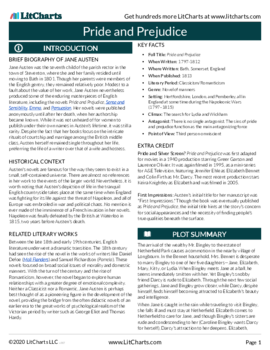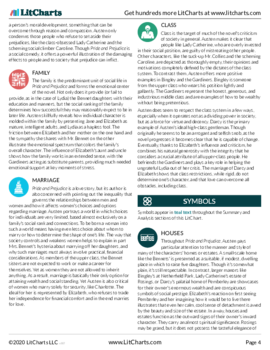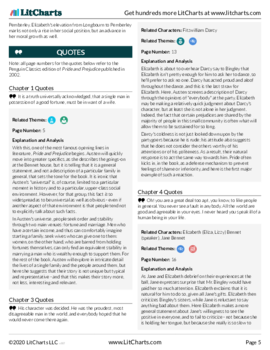- All's Well That Ends Well
- Antony and Cleopatra
- As You Like It
- The Comedy of Errors
- Coriolanus
- Cymbeline
- Hamlet
- Henry IV, Part 1
- Henry IV, Part 2
- Henry V
- Henry VI, Part 1
- Henry VI, Part 2
- Henry VI, Part 3
- Henry VIII
- Julius Caesar
- King John
- King Lear
- Love's Labor's Lost
- A Lover's Complaint
- Macbeth
- Measure for Measure
- The Merchant of Venice
- The Merry Wives of Windsor
- A Midsummer Night's Dream
- Much Ado About Nothing
- Othello
- Pericles
- The Rape of Lucrece
- Richard II
- Richard III
- Romeo and Juliet
- Shakespeare's Sonnets
- The Taming of the Shrew
- The Tempest
- Timon of Athens
- Titus Andronicus
- Troilus and Cressida
- Twelfth Night
- The Two Gentlemen of Verona
- Venus and Adonis
- The Winter's Tale
plus so much more...
-
Imagery
This poem's imagery presents the horrors of war through the traumatized speaker's eyes. His memories of what he saw in a makeshift hospital one terrible night veer from foggy, overwhelmed impressions of hellish crowds to appallingly precise visions of glinting surgical instruments.
When he first arrives in the "dim-lighted" hospital, for instance, he sees a picture straight out of Dante's Inferno (which, not coincidentally, Whitman was reading at the time he wrote this poem). "Shadows of deepest, deepest black" are illuminated by "one great pitchy torch," a smoking beacon that emits "wild red flame and clouds of smoke." He remembers this sinister light in far more detail than he remembers what it illuminated: the "groups of forms" that lie groaning around the room appear only "vaguely" in the smoky light and in his memory. This movement from the specific to the vague suggests that much of what the speaker saw was just too terrible either to describe or to remember clearly; his traumatized mind blanks some of the specifics out, leaving only a nightmarish general impression behind.
That doesn't stop him from having nastily specific memories of what it was like in there: the "smell of ether" and the "odor of blood" return to him even as he describes the experience, as if he never really escaped. The "glisten of the little steel instruments" as desperate surgeons try to operate on dying men sticks with him, too.
By describing the room around the "crowd of the bloody forms" in more detail than he describes most of the dying or dead men, the speaker invites readers to imagine horrors beyond imagining and "beyond description."

|
PDF downloads of all 3060 of our lit guides, poetry guides, Shakescleare translations, and literary terms.
PDF downloads of all 1915 LitCharts literature guides, and of every new one we publish.
Learn more
|

|
Explanations for every quote we cover.
Detailed quotes explanations (and citation info) for every important quote on the site.
Learn more
|

|
Instant PDF downloads of 136 literary devices and terms.
Definitions and examples for 136 literary devices and terms. Instant PDF downloads.
Learn more
|

|
Compare and contrast related themes.
Compare and contrast Related Themes across different books.
Learn more
|

|
Teacher Editions for all 1915 titles we cover.
LitCharts Teacher Editions for every title we cover.
Learn more
|

|
PDFs of modern translations of every Shakespeare play and poem.
PDFs of modern translations of every Shakespeare play and poem.
Learn more
|

|
Advanced search across our collection.
Advanced Search. Find themes, quotes, symbols, and characters across our collection.
Learn more
|

|
Line-by-line explanations, plus analysis of poetic devices for lyric poems we cover.
Line-by-line explanations, plus analysis of poetic devices for every lyric poem we cover.
Learn more
|


For every lyric poem we cover.



Literature Guide PDFs
LitCharts PDFs for every book you'll read this year.



Quotes Explanations
For all 42,357 quotes we cover.





Teacher Editions
Time saved for teachers.
For every book we cover.
Common Core-aligned



PDFs of modern translations of every one of Shakespeare's 37 plays, 154 sonnets, and 3 longer poems.


Plus a quick-reference PDF with concise definitions of all 136 terms in one place.





















